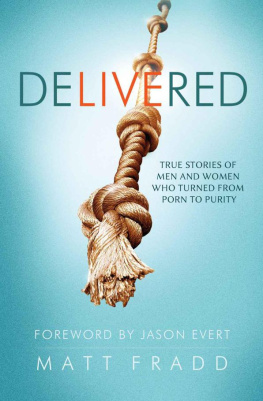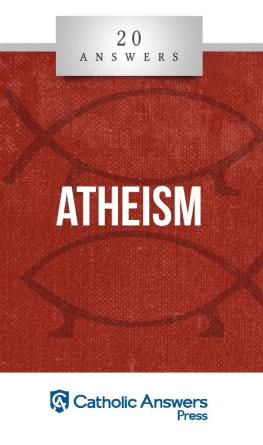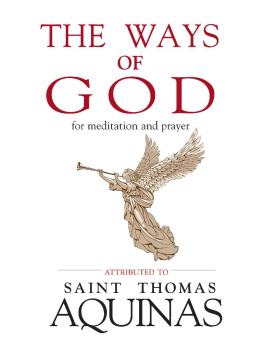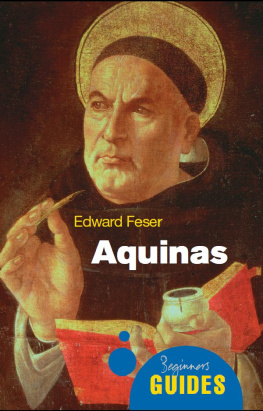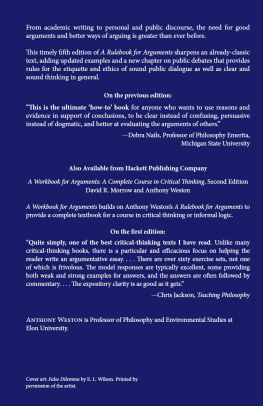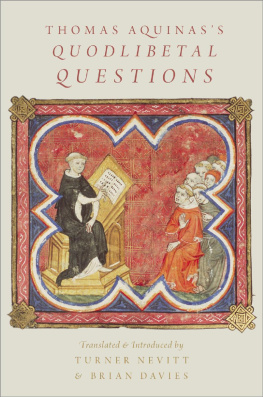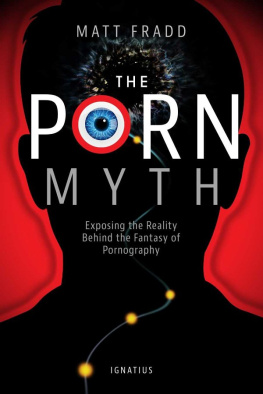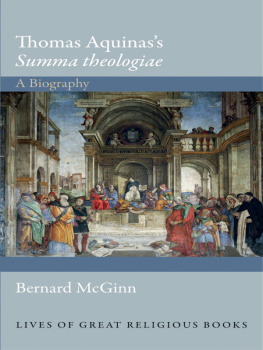Does God Exist?
A Socratic Dialogue on
the Five Ways of Thomas Aquinas
Matt Fradd & Robert A. Delfino
En Route Books & Media
5705 Rhodes Avenue, St. Louis, MO 63109
Contact us at contactus@enroutebooksandmedia.com
2018 by En Route Books & Media
LCCN: 2018930215
There is to be no part of this document that may be reproduced or transmitted in any form or by any means, electronic or mechanical, including photocopying (xeroxing), recording, or by any information storage or retrieval system, without permission in writing from the authors.
Cover design by T.J. Burdick
Cover painting by Joos van Gent (fl.1460-75) and Pedro Berruguete (c.1450-1504)
Paperback ISBN: 978-0-9996670-7-1
E-book ISBN: 978-0-9996670-9-5
Printed in the United States of America
1 3 5 7 9 10 8 6 4 2
TOTUS TUUS MARIA
Contents
Part I: The Dialogue
Part II: Additional Resources
Acknowledgements
I am very grateful for the following people who, whether they know it or not, have helped me gain a better understanding of the teachings of St. Thomas Aquinas and the arguments for the existence of God. In particular, Im grateful for the work of Trent Horn, Edward Feser, Peter Kreeft, William Lane Craig, D.Q. McInerny, Jimmy Akin, Karlo Broussard, Bishop Scott McCaig, Bishop Robert Barron, and of course, my co-author, Robert Delfino, who not only helped me to write this book but also taught me a lot about Thomistic metaphysics in the process. I am also grateful to Sebastian Mahfood, who agreed to let us write this book for En Route Books and Media, and to Cynthia Gniadek, who not only edited this manuscript but helped refine it. I am thankful for my wife, Cameron, who patiently (oh, so patiently) helped me during the writing process and is always a source of insight and inspiration. Above all, Im thankful to Almighty God for His grace and for allowing me to write poorly of Him (Its the only way anyone can write of Him, though there are degrees; Im on the lower end).
Matt Fradd
I have been blessed by God with wonderful family members, teachers, colleagues, and friends. To my mother and father, Anita and Anthony, I owe a great debttheir love and encouragement made all the difference. I have also been sustained by the love of my wife, Marialena, and my sons, Jonathan and Erik, who give me joy. Among my philosophy teachers, I am grateful to Richard Ingardia, who introduced me to Thomas Aquinas, and to Peter A. Redpath and Jorge J. E. Gracia, who helped shape my understanding of the Angelic Doctor. Im also indebted to Joseph Owens, Armand Maurer, John F. Wippel, John F. X. Knasas, and W. Norris Clarke, whose work I have found invaluable. My department at St. Johns University, NY, has always been supportive, especially Paul Gaffney, Art Gianelli, Glenn Statile, Marie George, and Alice Ramos. Other colleagues and friends of mine have endured discussions with me about Aquinas and metaphysics, often giving useful feedback, including William Byrne, Rachel Hollander, Robert Fanuzzi, Chiara and Brian Lockey, Miguel Roig, Philip Drucker, Roberta Hayes, Peter Albano, David Kaspar, Mark Kiley, David Haddorff, Joan Ball, Tom and Lillian Riley, Jerome Hillock, Al and Becky Tantala, Jonathan Bricklin, David Shear, Penny Goldstein, and Amanda DeLalla. I received helpful comments on early drafts of chapters from Stephen Greeley, Andrew Gniadek, Erin Gawera, Rick Barrett, Lara Thompson, and Kristen Fusaro-Pizzo. To Matt Fradd and Sebastian Mahfood, OP, who invited me to be part of the life of this book, I am extremely grateful. Finally, none of this would have been possible without the love and help I have received from God. It is an honor to be called to speak of Him who has given me everything, and to whom I can give nothing but my love.
Robert A. Delfino
Preface
Matt Fradd
When I grew up, I had a lot of questions about God, the meaning of life, and what happens after death. How do we know God exists? I wondered. I didnt see Him, feel Him, or hear Him. At the time, the word atheist was not a shorthand way of saying, Im more intelligent than you, as it apparently is todayif it were, I probably would have said I was one. At the time I said, and rightly so, that I was agnostic. I didnt know if God existed, and I didnt want to believe or base my life on Him just because my parents or grandparents did. I wanted to believe in His existence only if it were true. And so I asked a lot of questions: Why does God let bad things happen to good people? Who created God? Arent all religions, deep down, saying the same thing?
Whenever I brought these questions to a priest, to family, or to friends, the questions were usually met with one simple reply: Its a mystery. In response to what seemed like a dismissive answer, I always thought to myself, Ah well, maybe it is, but could you at least give it a shot?!? My faith was waning, and there seemed to be little hope for recovery. What I needed were answers. What I needed was someone who could explain those answers. What I needed was someone likewellSt. Thomas.
I wish I had known then what I know now about St. Thomas Aquinas and his writings on the existence of God. By the age of thirteen, I had decided that God probably doesnt exist and that religion is something people follow to make themselves feel good. Praying, to me, was like keeping a journal or talking to a therapistyou feel better because you get your feelings out, not because you are corresponding with some metaphysical dude up in the clouds (the fact that I viewed God as a dude is, again, evidence that someone should have hit me with a volume of the Summa ... and then explained it to me).
The truth, I later learned, is that Catholicism is both a sensual and an intellectual religion. The First Vatican Council proclaimed that we can know God exists completely apart from divine revelation. In other words, we can come to believe in Gods existence just by using our natural human reason to draw conclusions about what we observe in the world around us. Not only is it reasonable to believe in the existence of God, but its also reasonable to believe in those mysteries that are divinely revealed and continuously proclaimed in the Catholic Tradition. I was 17 years old when I came to believe in Christ (Im 33 now), and the more I grow in my Catholic faith, the more I see just how reasonable it is. I want you to see how reasonable the faith is too, but more fundamentally, I want you to see how reasonable belief in Gods existence is. For this reason, I decided to write a book to share with you the reasons for Gods existence that St. Thomas Aquinas outlined in his Summa theologiae . Along the way, I met Robert Delfino, a philosophy professor who specializes in Aquinas and who was very excited about an early draft of this book. He offered some suggestions, and after a few conversations, it became apparent that if this book was going to be a thorough and faithful presentation of Thomass five ways, he would need do more than offer suggestions; he would need to write it with me.
Let me close by sharing one more story with you. I mentioned earlier that I was 17 when I came to believe in Christ, but I did not tell you how. When I was 17, my mother sent me to World Youth Day in Rome. I looked forward to it because it was a free trip to Italy, but I never imagined how it would change my life. It was there that I returned to faith in Christ. And do you know what I saw there that changed me? For the first time in my life, I met faithful Catholics who were reasonable! All of those questions I had as a child were finally coming to light. Any frustrations I had from the dismissive Its a mystery answer were relieved. This encounter with faithful, reasonable Catholics led me to a deeper, more personal encounter with God. Since that time, I have continued to grow in my faith, always being supported by an increased knowledge of rational arguments for Gods existence, such as those given by Aquinas.
Next page

